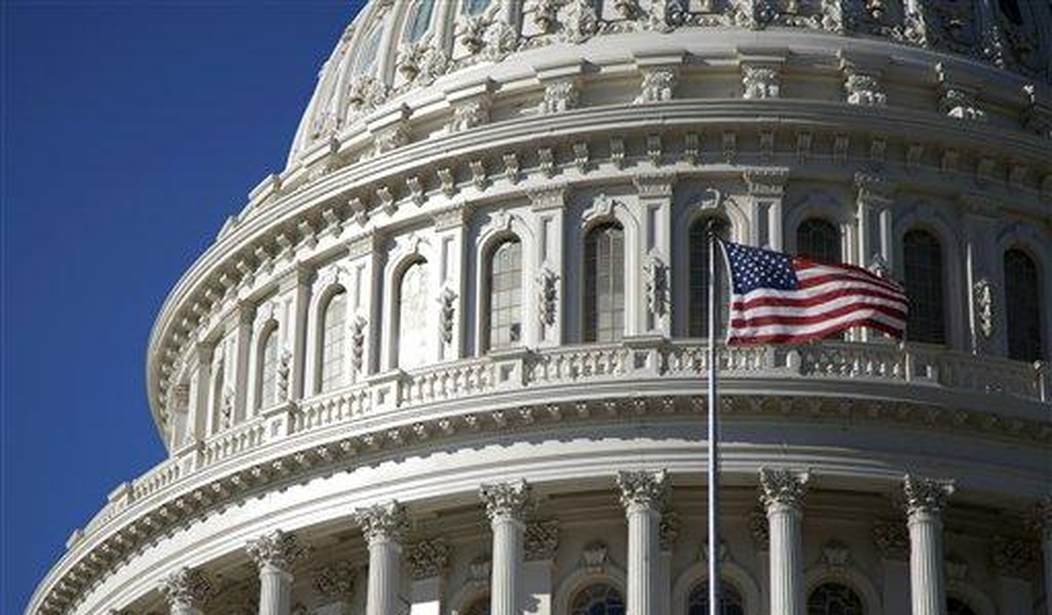A “pilot program” is a feasibility study whose success never guarantees implementation. Some government pilots continue for generations, some are stopped precisely because they are successful. The public loved the ATM-type machines in 22 Virginia post offices and the savings were significant. One could measure and mail a package 24-7 accurately, without a teller, or buy stamps. I asked the Reagan Director of the Office of Management and Budget, then a Postal Rate Commissioner, what happened to implementation. “It would cost jobs,” he replied.
In the decade beginning in 2008, the United State Postal Service (USPS) reported $69 billion in losses, with the taxpayer subsidizing some $18 billion a year for operations for 600,000 employees. First-class mail demand toppled 50%, but Congress opposed repurposing its huge processing plants. Jobs again. The USPS had as much success closing under-utilized post offices as the military does closing bases. Add that disastrous contracts to actually deliver the mail are profit centers for the likes of competitors UPS, FedEx and Amazon.
In the Old South, the then-minority Republican Parties were sometimes called “post office parties.” A small group of Republicans held the power to name appointed officials when there was a Republican in the White House. Local postmasters were appointed on their recommendation and that made them local powers. Postmasters are no longer appointed, but the attitude remains as unions and Congress impede reforms. Taxpayers would be better off subsidizing UPS to receive free deliveries for a few months a year.
That said, a generation later, a USPS ATM arrived at my local Maryland post office. It worked for a week and has been broken since. The old-fashioned scale is off a few ounces and has been for more than a year, but there is no sign; one just has to have mailed a letter and had it returned. Then the teller will say so.
The postal service we all remember worked pretty well, but not now. A few years ago, American telephone service prices were falling fast and we took advantage by changing often, “slamming” – until cell phones became proprietary and no longer work with another carrier. We put up with it.
Recommended
New residential utility companies seem to be using that experience to scam and slam for the inevitable rising energy costs as regulations increase for fossil fuels. Despite its “clean” reputation, the vast majority of electricity is generated by fossil fuels. The idea that fossil fuels create electricity that then fuel cars are more efficient than fossil fuels powering cars directly is laughable – but widely believed. The rare earth minerals needed to store solar are just that, rare. Even the US Energy Administration predicts that the 12 cent 2016 per kilowatt hour will be more than 16 cents next year. There is no way to avoid rising electric bills when The Great Reset creates fossil fuel shortages. Americans are fine – until the strategic reserves run out – as Admiral Yamamoto said, “Then what?”
In England, The Guardian headlined this weekend, “Nationalised Energy Could Save UK Households up to L4400 Tuc Says.” But in Maryland, energybot.com and other programs are hard at work promoting supplier changes. A salesman knocked on our door promoting Clear Choice. He claimed that only one percent of American households were close enough to a new solar generation plant to be offered a deal – sign up and save ten percent a month on electric bills. We paid $35,000 for solar but without the $14,000 battery, still pay for electricity.
But read the Clear Choice contract. The signatory commits to use all-solar electricity for 20 years with a 90-day cancelation. Cancel faster than 90 days, pay $200. The contract contains no guarantee of any savings or projection on actual cost. My Hawaii builder pal assumes that 30% of his container of solar panels from China will never work. Since few working panels last even a few years, a residence could be signing to guarantee huge future electricity bills based on the actual cost of solar.
America, despite overwhelming debt, believes in its own exceptionalism. A few supply chain/post office inefficiencies or artificial demand for solar panels may seem minor, but as Henry and Liza sing, “There’s a Hole in the Bucket.” Our leaky economy should be the challenge the next Congress uses to tackle inflation.

























Join the conversation as a VIP Member